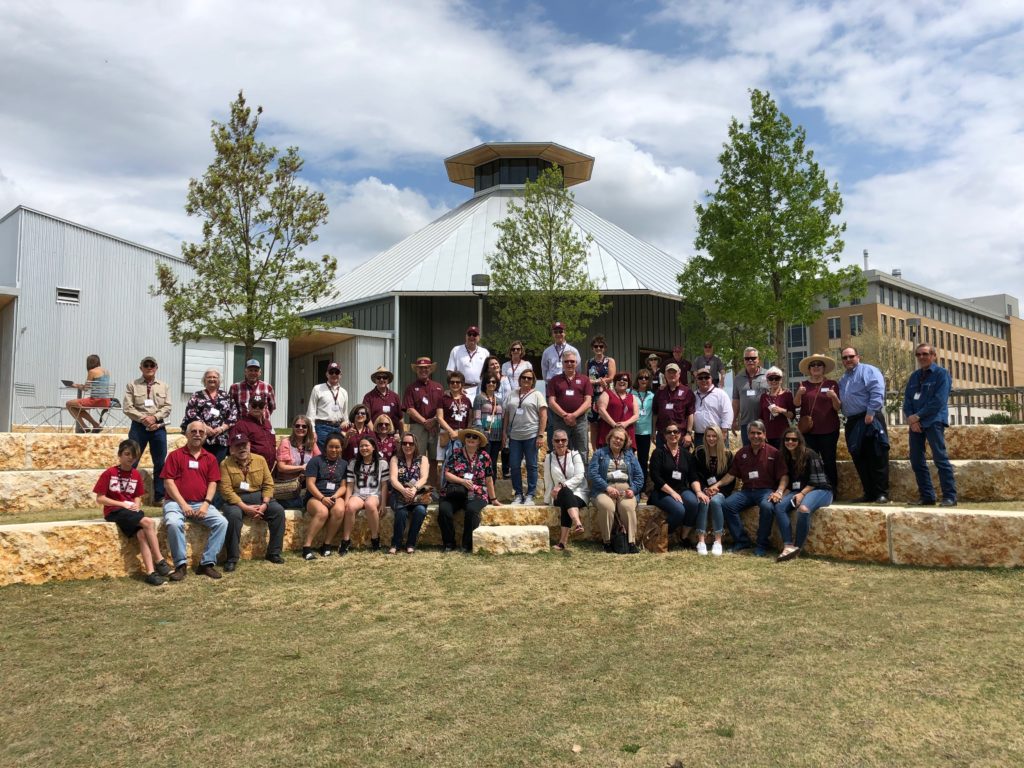
At The Gardens, we believe there’s something to learn at all ages. If you are looking for information regarding Field Trips and School Group Programs, please visit our Field Trips page.
Little Sprouts Club
A 5-week program for learners from 3-5 years old that are ready to get growing in the garden! Each week we will learn about parts of the plant and what a garden needs to thrive in hands-on, interactive lessons and activities from our Junior Master Gardener curriculum. Students will walk away with a small container garden of their own to take home at the end of the series! Be on the lookout for our next class! Guardians/Parents must be present during the class. Parking is not included with the registration fee.
Dates: Tuesdays, February 27th – April 2nd, 2024 (no class March 12th due to Spring Break)
Time: Classes will begin at 10:00 am each week, and will last between 1-1.5 hours
Cost: $35 – includes all materials and supplies for lessons and activities
Register: Registration for the Spring 2024 class will open on Tuesday, January 16, 2024. Register here: https://agriliferegister.tamu.edu/ereg/index.php?eventid=780176&
Ringer Library Garden Series
A series held throughout the year at the Larry J. Ringer Public Library. Each presentation will feature a new topic regarding different aspects of gardening and is free to attend. Check out the Ringer Library Activities Calendar for more information.
In The Dirt with Texas Master Gardeners
A monthly talk with Brazos County Master Gardeners on various gardening topics. Each talk will include a short presentation and hands-on, interactive demonstration out in The Gardens at Texas A&M University. All talks are free and open for the community to attend. Folks should meet at The Pavilion, located in The Gardens. To find more information regarding parking, please visit The Gardens Parking and Transportation webpage.
Container Garden Workshops
Looking for a fun, informative, and hands-on workshop for your group or team? Learning the art of container gardening means you can enjoy the benefits of greenery and getting your hands in the soil, no matter where you live.
Reach out to the Gardens team if you are interested in scheduling one for your group! Group size is limited to 25 people, and there is a fee that covers all materials and plants for the workshop. Participants will walk away with a container filled with plants they planted themselves!
Interested in having The Gardens present at your next gathering? Reach out to us at [email protected]


